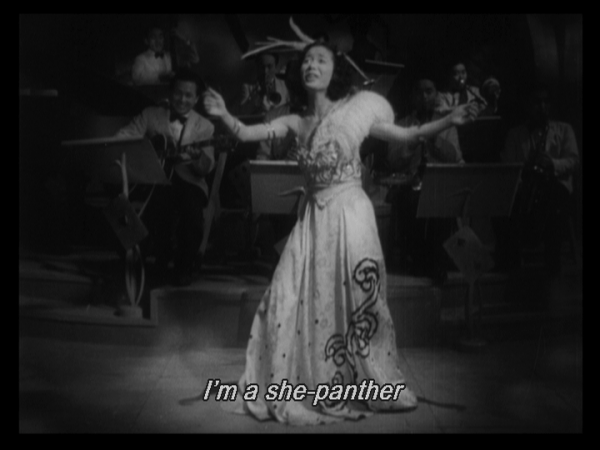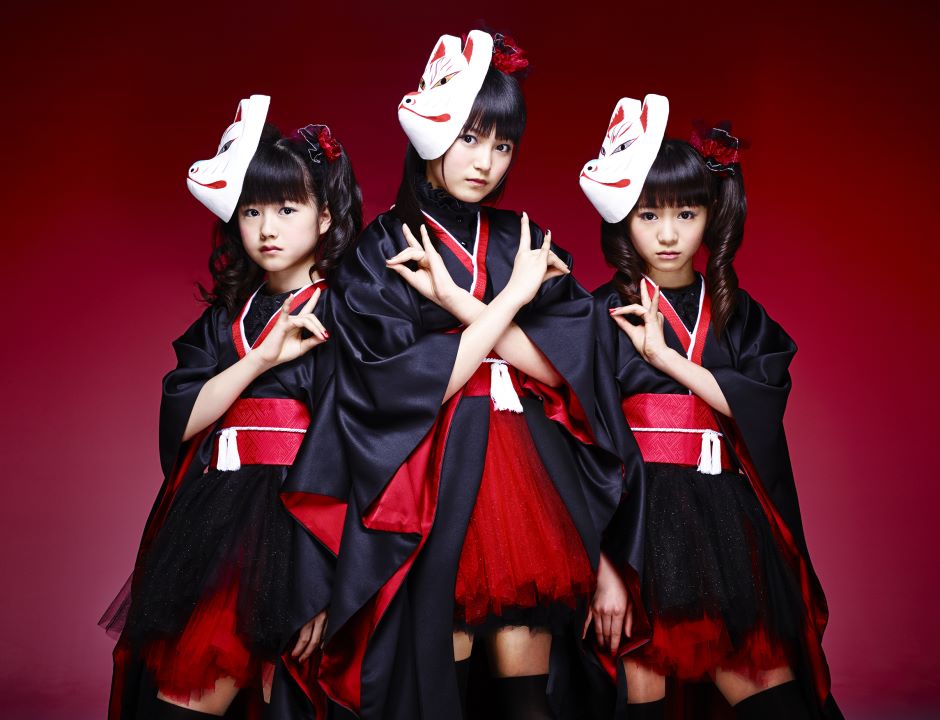Take a moment to watch this video.
Notice her shaved head? That is a traditional way to show remorse and a desire to repent in Japanese culture, a tradition quite rare for women to practice.
So what was her sin? What terrible, despicable thing did she do that warranted a shaved head and this apology?
She went out on a date.
Minami Minegishi was a member of the popular J-pop group AKB48, a group of over 90 girls (Yamaguchi, 2013). Her scandal is common in the sexually charged world of J-pop. It’s a world of fantasy, and a world where having an actual relationship is forbidden (Byford, 2013). J-pop idols, although they are mostly minors, are marketed as sex symbols. They targct the desires of men who can’t maintain a relationship. Because of this, the girls must stay chaste and single so not to shatter the fan fantasies that bring in the money. Their availability, at least in the minds of male fans, is part of their marketability.
 J-pop doesn’t target regular music watchers. J-pop is designed to appeal to otaku, who are willing to buy different versions of the same CD and other merchandise (Byford, 2013). So whenever an idol has a boyfriend, she damages her appeal and marketability. Her talent is just a small part of the overall fantasy that surrounds idols. Japanese pop idol culture values the image of being meek and weak.
J-pop doesn’t target regular music watchers. J-pop is designed to appeal to otaku, who are willing to buy different versions of the same CD and other merchandise (Byford, 2013). So whenever an idol has a boyfriend, she damages her appeal and marketability. Her talent is just a small part of the overall fantasy that surrounds idols. Japanese pop idol culture values the image of being meek and weak.
When an idol signs her contract –well most of the time her parents do because she is a minor–she agrees to be chaste and not to date anyone. Some contracts contain the following clause (Okunuki, 2013):
“Unrequited love is permissible, but you cannot return the affection.”
Idols must encourage fantasy relationships. Her male fans — many girls like to watch idols too, only they dream of being an idol instead of possessing one– develop a relationship with her character through merchandise. Idols generally don’t talk about their true selves. That is why Minegushi’s apology contributes to her broken image. She is apologizing as herself rather than as an idol.
In many ways, the appeal of idols is similar to that of waifus. Waifus are fictional characters a person feels affection toward. An idol is a fictional character, a character that is chaste and available. Some aspects of the real person leeches into the idol’s persona, but the key is the fantasy. Once that fantasy goes, either through aging out of the business or being seen on a date, the girl no longer has marketability.
 In 2015, Tokyo District Court ruled on this idea of marketability, The court found a 17-year-old girl guilty of breaching a celibacy clause and was fined $5400. It was the first time a management company successfully sued an idol for damages. The court case is a little troubling. The girl was seen entering a hotel with two men back in October 2013. She was 15 at the time. Never mind the problem of a minor entering a hotel alone with two men. Neither the judge nor the management company worried about that. Rather, the financial damage was the focus. The event forced the group to disband after about 6 months (Blair, 2015). The judge explained why he ruled in favor of the management company:
In 2015, Tokyo District Court ruled on this idea of marketability, The court found a 17-year-old girl guilty of breaching a celibacy clause and was fined $5400. It was the first time a management company successfully sued an idol for damages. The court case is a little troubling. The girl was seen entering a hotel with two men back in October 2013. She was 15 at the time. Never mind the problem of a minor entering a hotel alone with two men. Neither the judge nor the management company worried about that. Rather, the financial damage was the focus. The event forced the group to disband after about 6 months (Blair, 2015). The judge explained why he ruled in favor of the management company:
“The clause prohibiting dating was necessary to get the support of male fans,” said Judge Akitomo Kojima in his ruling, adding: “The revelation of an idol’s relationship damages their image.”
So the gist of all of this, J-pop idols trade their ability to have relationships for their fame. Any that breach their contract, like Minami Minegishi, face public shame. Minegishi was seen as doing something wrong. Her experience reflects Japan’s continued gender inequality. Boy band members, for example, lack a celibacy clause in their contracts (Yamaguchi, 2013).
In many regards, the clause is similar to the Western bias against women. We expect women to be chaste and resistant to men’s advances while men are free to have their dalliances. She loses her dating marketability when she has sex while a guy’s is seen as enhanced. The double standard remains stubborn. As long as J-pop continues to market sexuality mixed with the fantasy of availability and chastity, idols will struggle with the demand to avoid having actual relationships. I lay much of the blame on otaku fans. Their desire for fantasy idol relationships damages the ability of idol girls to have normal relationships. It is ironic that idols must remain chaste and single to protect a fantasy. Why can’t the fantasy extend past her relationship status? After all, it already ignores who she really is.
References
Blair, G. J. (2015). Japanese Girl Band Member Ordered to Pay Damages for Going to Hotel Room With Male Fans. Hollywood Reporter, 35.
Byford, S. (2013) Dating AKB48: the J-pop cult banned from falling in love. The Verge. http://www.theverge.com/2013/2/8/3967268/akb48-minami-minegishi-how-a-j-pop-cult-took-over-japan/
Okunuki, Hifumi (2013). AKB48: Unionize and take back your lost love lives. Japan Times. http://www.japantimes.co.jp/community/2013/01/22/how-tos/akb48-unionize-and-take-back-your-lost-love-lives/#.VY3-HkbuV1R
Yamaguchi, M. (2013) Japanese pop idol stirs national debate over head-shaving apology for dating scandal. Canadian Press.






Thank you for writing about this topic. I understand your concern for the well-being of idols and young women in Japan — it’s an important one.
At the same time, the way such cases are often highlighted outside Japan can unintentionally reinforce misunderstanding. In reality, the vast majority of idols and agencies — from local groups to major names — describe their work as deeply fulfilling, centered on gratitude, artistry, and connection with fans.
Idol culture is not defined by restriction, but by the joy of creating and growing together. I hope future articles will also show that side — it’s what most people in Japan actually experience and cherish.
(I hope it’s okay to reply to an older post.)
Thank you for pointing out my lack of balance! Discussing what draws people to idol culture and to the profession is a good idea for an article. I’ve touched on the feelings of fulfillment, sense of belonging, feelings of support and protectiveness, and other benefits idol fans experience, but these are scattered across a variety of articles. Isolating this into a single article would make it easier for people to see how idol culture is a net good.
Thank you, Chris — that sounds wonderful. I’ll look forward to reading such an article.
What’s always touched me about idol culture is its atmosphere of warmth and perseverance — how idols and fans quietly cheer each other on through ordinary days. There’s a kind of artistry in that exchange: turning effort, kindness, and gratitude into a shared light that reaches both sides. For many people in Japan, this feeling of mutual encouragement is what gives idol culture its depth and sincerity.
Showing that side — the humanity, dedication, and sense of companionship at its heart — would let readers see not just an industry, but a living expression of empathy and hope.
get your own house sorted before barking at others.
Some problems appear universal across cultures.
I feel kind of sorry for these idols.. At that age they probably dont know what they get themselves into or feel pressure from their parents.. And after signing youre stuck with this fate..
I agree with the western part, its still seen as cool when a guy had sex but when a girl does shes not pure or even called slutty if she had more than one partner. It gets more common though at least here to have sex like its a casual thing to do.. I personally find it something sacred and special.
Great yet sad article but it gives good insight on how harsh the idol world in japan is (or for women in general)
Not many know about the hidden costs of being a celebrity. Women still have social structures that work against them, sadly.
Thanks for the comment!